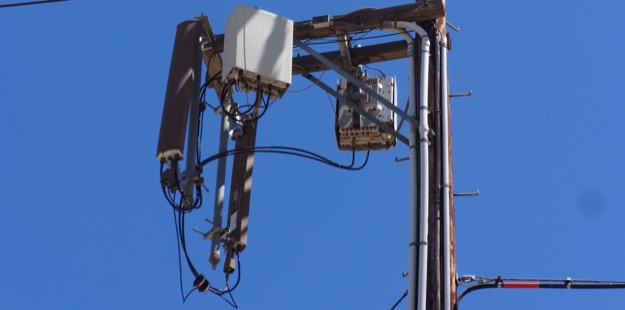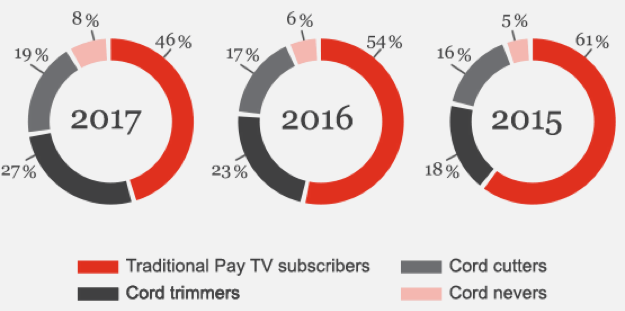The State of Washington takes on Washington, DC with its own net neutrality law
![By Slowking4 (Own work) [GFDL 1.2 (http://www.gnu.org/licenses/old-licenses/fdl-1.2.html)], via Wikimedia Commons](https://www.tellusventure.com/images/2018/1/open_internet_dont_tread_on_me.jpg)
The State of Washington is the first to enact a network neutrality law. Washington governor Jay Inslee, a democrat, signed the bill on Monday. Both republicans and democrats voted in favor, with the bill winning lopsided majorities in the Washington house and senate.
The core language tracks with the former FCC’s three bright line rules, as well as similar legislation introduced in California. Internet service providers would not be allowed to…
… More(a) Block lawful content, applications, services, or nonharmful devices, subject to reasonable network management;
(b) Impair or degrade lawful internet traffic on the basis of internet content, application, or service, or use of a nonharmful device, subject to reasonable network management; or
(c) Engage in paid prioritization.

![By Stehfun 12:21, 31 August 2006 (UTC) (Own work (own picture)) [GFDL (https://www.gnu.org/copyleft/fdl.html), CC-BY-SA-3.0 (https://creativecommons.org/licenses/by-sa/3.0/) or CC BY 2.5 (https://creativecommons.org/licenses/by/2.5)], via Wikimedia Commons](https://www.tellusventure.com/images/2017/1/weed_whacker_closeup.jpg)
![By www.elbpresse.de (Own work) [CC BY-SA 4.0 (https://creativecommons.org/licenses/by-sa/4.0)], via Wikimedia Commons](https://www.tellusventure.com/images/2017/10/lit_fiber.jpg)

![Hydrogen Iodide at the English language Wikipedia [GFDL (https://www.gnu.org/copyleft/fdl.html) or CC-BY-SA-3.0 (https://creativecommons.org/licenses/by-sa/3.0/)], via Wikimedia Commons](https://www.tellusventure.com/images/2017/11/sce_transmission.jpg)




![By by Aaron Logan (from http://www.lightmatter.net/gallery/albums.php) [CC BY 1.0 (http://creativecommons.org/licenses/by/1.0)], via Wikimedia Commons](https://www.tellusventure.com/images/2018/2/lab_mice.jpg)